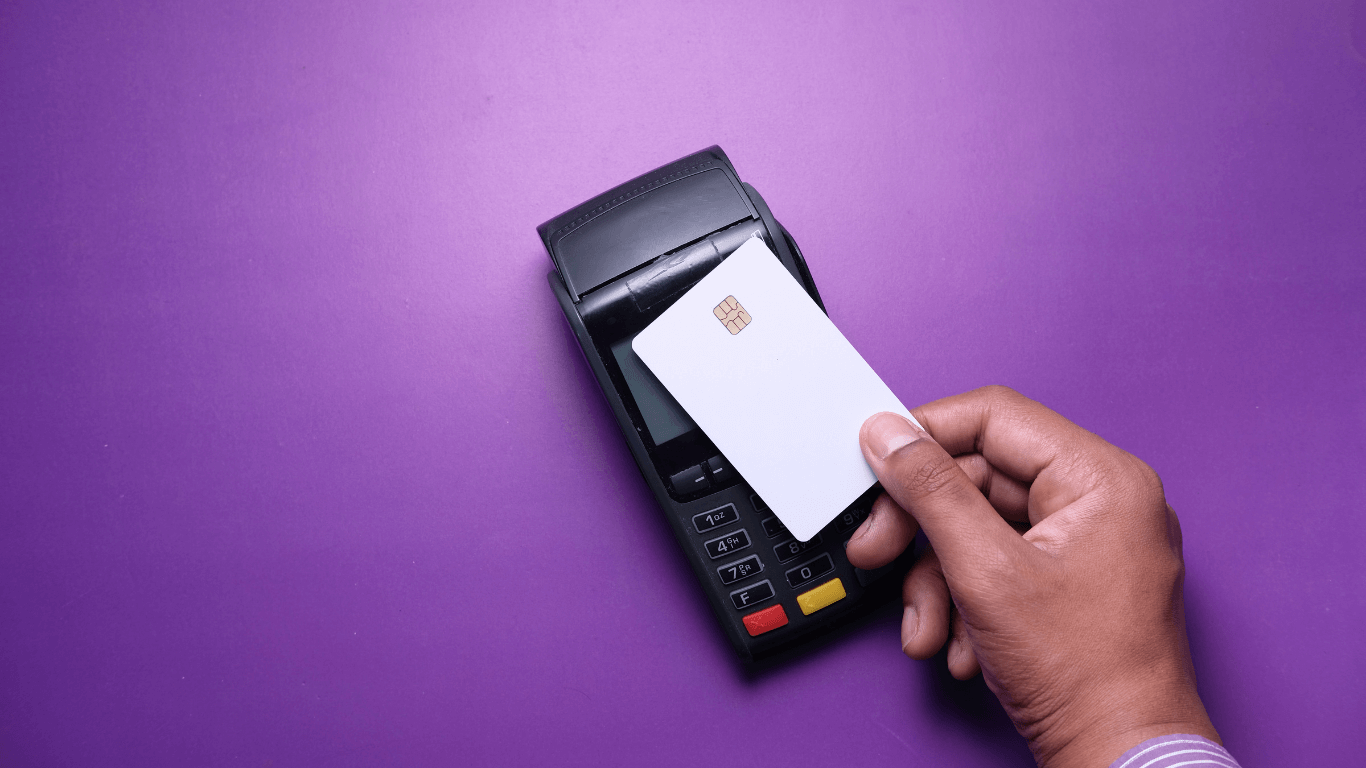Credit Cards: A Complete Guide
A credit card may look like just a rectangular piece of plastic, but it can help you to build credit and pay for expenses as they come up. Just about everybody has at least one and if you’ve never had a credit card, you may have questions. Let’s look at credit cards: a complete guide.
What is a Credit Card?
A credit card represents a revolving account that you can borrow against, pay back and reborrow against if needed. When you have a credit card, you can use the card to pay for things anywhere credit cards are accepted and pay it back the same month or over a period of several months.
The maximum amount of money you can borrow is called the credit limit. When you apply for a credit card, the card issuer pulls a credit report and evaluates your ability to pay back the money you borrow. That’s how they establish your credit limit.
Credit Card Interest and Fees
Having a credit card isn’t free. You’ll owe the credit card issuer interest on balances that you don’t pay in full right away and some cards assess charges such as an annual fee. The interest rate on a credit card is typically higher than what’s charged on loans, and if you have poor credit or no credit, the interest rate may be very high. You typically can avoid interest charges if you pay your balance back in full within 21 days of making a purchase.
Where to Get a Credit Card
Credit cards are issued by banks, credit unions, and retail stores. If you have never had a credit card or if your credit is poor, the best way to get a credit card is to look for an issuer that offers secured credit cards. A secured credit card is secured by money you deposit into an account, which is typically your credit limit. This type of card is usually easy to get since there’s no risk to the issuer. After handling a secured card well for a year or more, the issuer may be willing to refund your deposit and convert it to an unsecured card.
Being Responsible with a Credit Card
The most important thing to do with a credit card is to always pay your bill on time. The creditor sends you a monthly bill that requires you to make a minimum payment, which is usually a small percentage of your balance. Pay at least this amount on or before the due date. Avoid borrowing more than you can afford to pay back and try not to use more than 30 percent of the available amount.
Protecting Your Credit
Check your credit report at least annually to make sure any accounts you have are being reported correctly. Errors on credit reports are surprisingly common and can bring down your credit score. Dovly is an AI credit engine that can help you dispute any errors you find on your credit report. Try it risk-free with our free membership tier. Get in touch with Dovly today.



